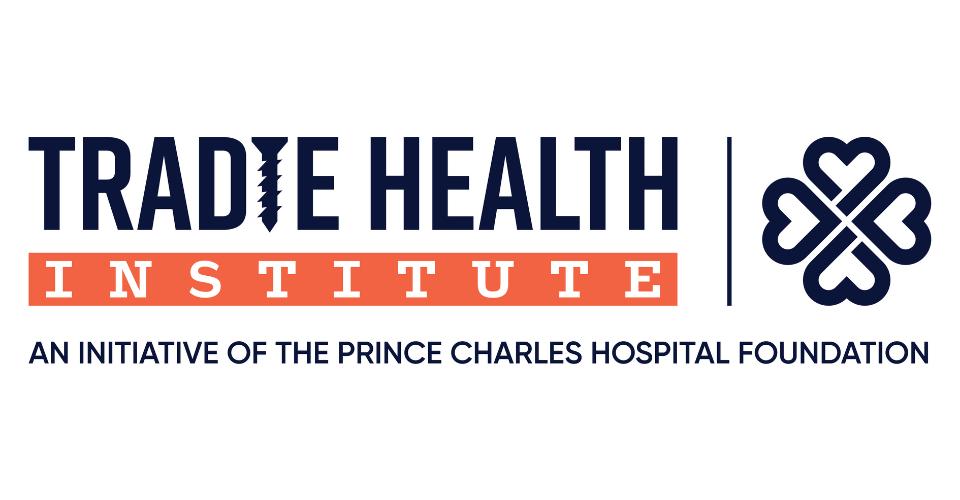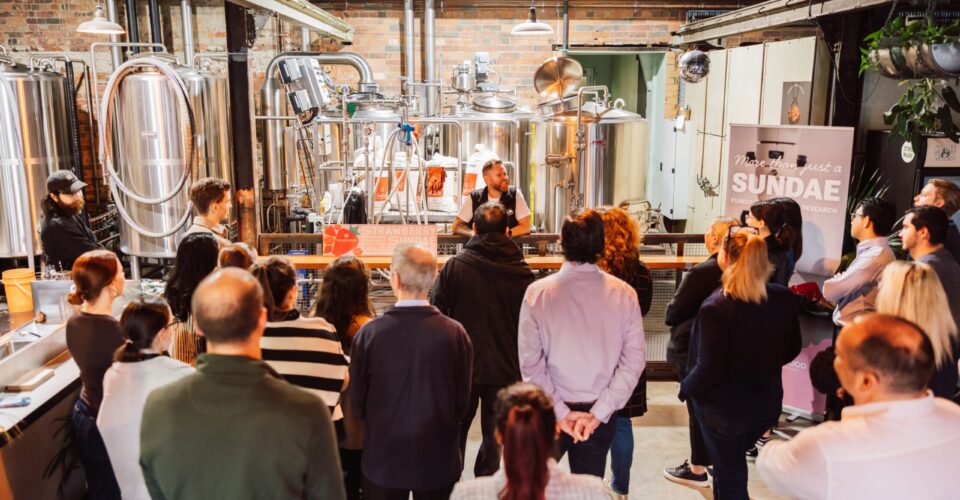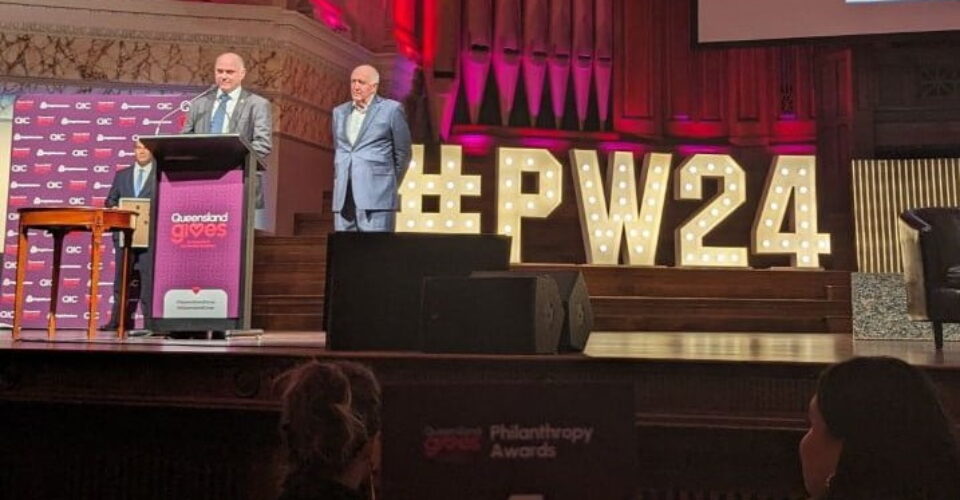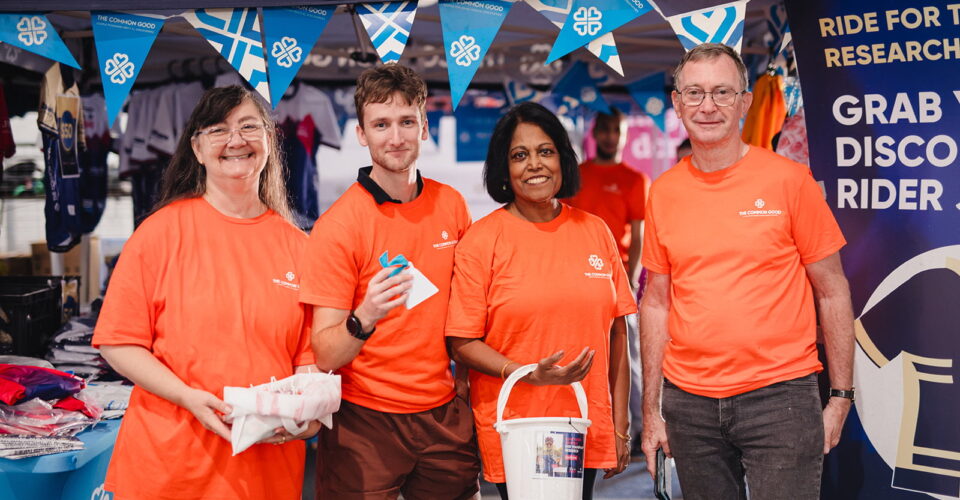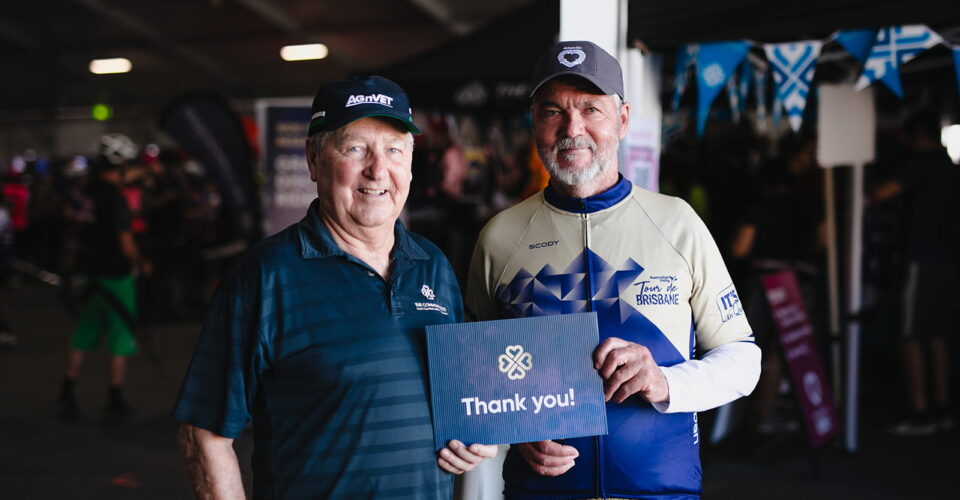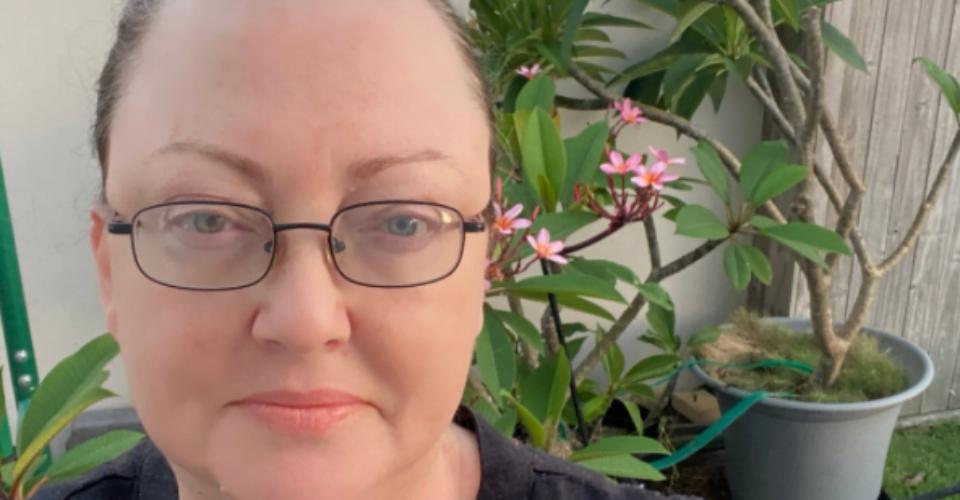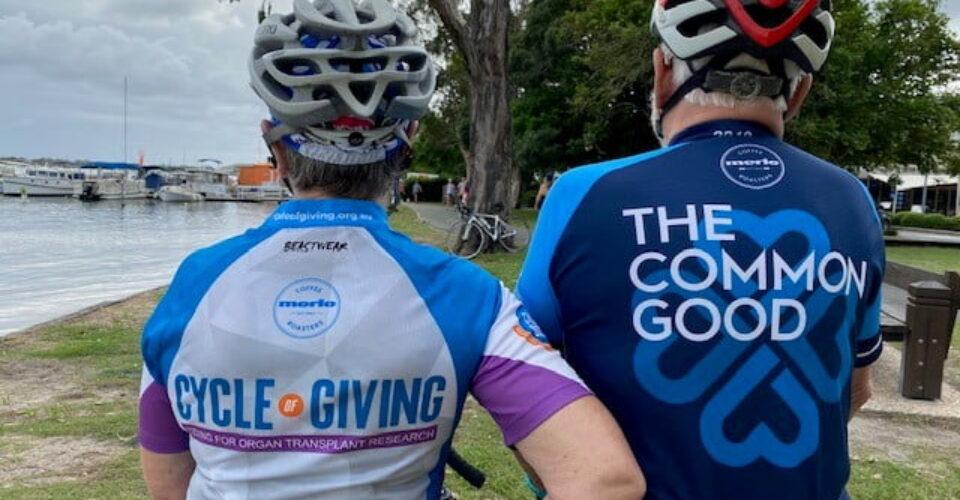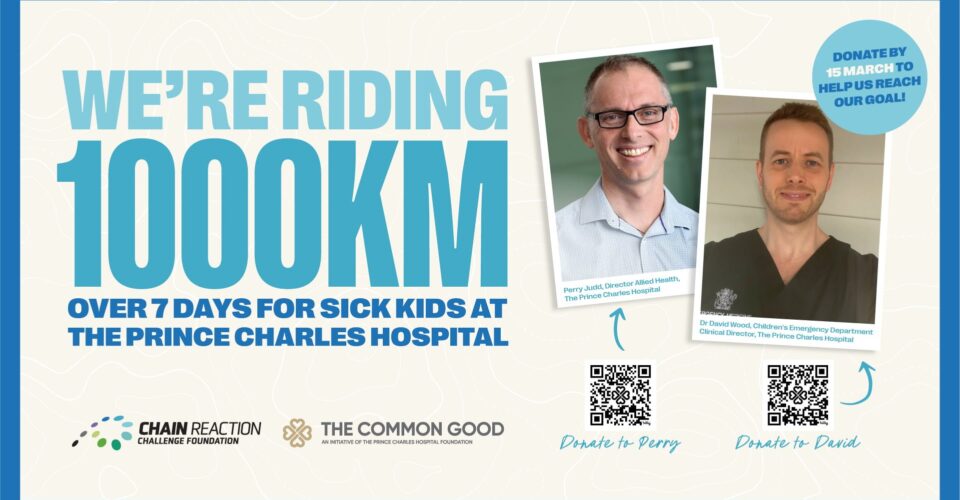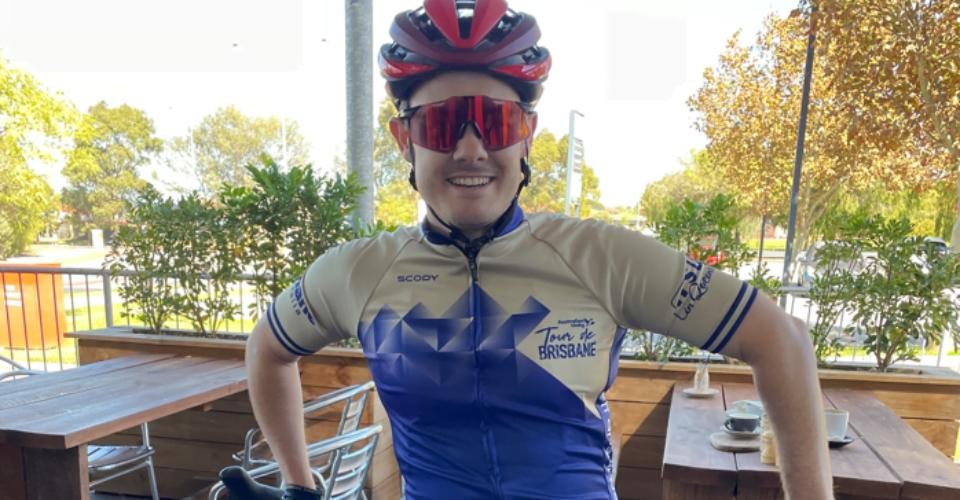With support of the Tradie Health Institute continuing to grow, so too does the investment in the research and equipment needed to advance health outcomes for the those impacted by, or at risk of occupational lung disease.
Read on for an update on recent outcomes achieved through the Tradie Health Institute.
Australian First: Groundbreaking Research with PExA Machine
Researchers supported by The Prince Charles Hospital Foundation and its initiative, the Tradie Health Institute, are embarking on a pioneering research endeavour, facilitated by the loan of cutting-edge equipment from Sweden. This initiative could potentially revolutionise lung research in Australia and beyond.
The equipment in question is a PExA (Particles in Exhaled Air) machine, marking the first time this unique technology has been accessible to a lab in Australia. Dr. Simon Apte, Chief Scientist at the Queensland Lung Transplant Service Research Centre, expressed enthusiasm about its potential impact: “It can measure particles coming out of the lung, but what we can do with this machine is capture proteins coming from the very deepest part of the lung, so this is going to revolutionise the way that we can take samples from the lung and also do diagnosis.”
“It’s the very first machine in Australia, and we’re going to use it to ask research questions that no one has asked or been able to ask before, so we’re very excited.”
This breakthrough technology enables non-invasive and user-friendly sampling of lung proteins, which could be used to diagnose lung diseases at an earlier stage and possibly distinguish between different types of disease, promising to enhance screening methods for conditions like silicosis. Notably, the PExA machine’s portability raises the exciting possibility of deploying it directly to worksites across the country, meeting a long-standing industry demand.
The PExA website elaborates on the methodology: “By analysing microscopic particles in exhaled air, we can now get a good overview of the status of the small airways.” The process involves specific breathing techniques to facilitate the capture and analysis of particles shed from the lung’s surface, providing valuable insights into airway inflammation.
The introduction of the PExA machine not only signifies a significant advancement for research labs at The Prince Charles Hospital but also positions them as global collaborators in data sharing and insights. This collaboration holds great promise for advancing our understanding of lung health and accelerating diagnostic capabilities on a worldwide scale.
Whole Lung Lavage Trial Continues
The Tradie Health Institute, in partnership with dedicated researchers, remains committed to early detection and innovative treatments for occupational lung diseases like silicosis.
A key initiative within this mission is the ongoing Whole Lung Lavage trial, in which researchers continue to enrol participants. This procedure involves carefully washing each lung with a 25-litre salt-water solution over a three-to-four-hour period, conducted under general anaesthesia. Though patient-related outcomes (e.g. lung function, quality of life) will not be known until the conclusion of the study, immune cells and other material collected from the lavage fluid are also being isolated and stored for current and future bench-side research to deepen our understanding of silicosis and its underlying causes.
Exciting progress has already emerged from this trial. Researchers have identified abnormal cell types that drive fibrosis, screened compounds capable of targeting these fibrotic cells, and made recent breakthroughs in understanding genetic risk factors associated with silicosis.
Building on these short-term findings, the research group is now focusing on assessing the long-term outcomes of Whole Lung Lavage compared to non-lavage approaches. This critical investigation aims to provide valuable insights that will inform future treatment strategies for individuals affected by occupational lung diseases.
Through the support of the Tradie Health Institute, a new vibrating vest device was also purchased which is an integral piece of equipment needed as part of the whole lung lavage process. A physiotherapist applies the vest to the patient’s chest wall before the whole lung lavage, and its controlled oscillatory movements assist in draining the saline water from the lung during the procedure. Without the vest, multiple physiotherapists would have to perform chest percussion for the entirety of the 3-hour procedure. Therefore, its purchase allows some of them to be freed up for other patient-related care.
Onsite research expands through new technology
Exciting developments are underway for researchers at the Queensland Lung Transplant Service Research Centre, thanks to support from the Tradie Health Institute. They now have a state-of-the-art cell sorter, which an exciting addition that has the potential to unlock new avenues of research previously out of reach.
Dr. Apte, Chief Scientist of the research group, highlighted the significance of this equipment: “A cell sorter is a fantastic piece of equipment that lets us pull out specific types of cells so that we can ask questions about them to understand the disease mechanism,” said Dr Apte.
In the case of silicosis, the cells of interest are macrophages, responsible for engulfing inhaled silica particles. To study how silica affects specific subsets of these macrophages, a cell sorter is indispensable. Dr. Apte explained, “Once we have those cells isolated, we can ask questions like: how is that cell affected by the silica? Or how can we use a drug to modify the behaviour of that cell?”
The arrival of this equipment at The Prince Charles Hospital research labs signifies a new era of research possibilities. It will enable researchers to delve deeper into understanding silicosis and exploring innovative interventions. These advancements move us closer to significant breakthroughs in occupational health and safety, ultimately benefiting workers and communities impacted by this disease.
Advancing Research with Dedicated Support
In the pursuit of groundbreaking medical advancements that can transform and save lives, time is an invaluable resource for researchers. Thanks to newly awarded research grants, dedicated researchers will now have extended time and resources to focus on tackling occupational lung diseases head-on.
The Tradie Health Institute is proud to announce its support for this initiative, which will embed a PhD student within the research lab for an extended two-year period. This additional support, made possible by the research grants, underscores our commitment to facilitating and advancing vital research in this critical field.
The recent progress which has been made by the Tradie Health Institute is only possible with the support of partners and the community coming together.
